Learn How mindfulness exercises can help you sleep better and overcome insomnia. Check out the benefits of mindfulness activities like meditation, body scanning, and breathing exercises for better sleep.
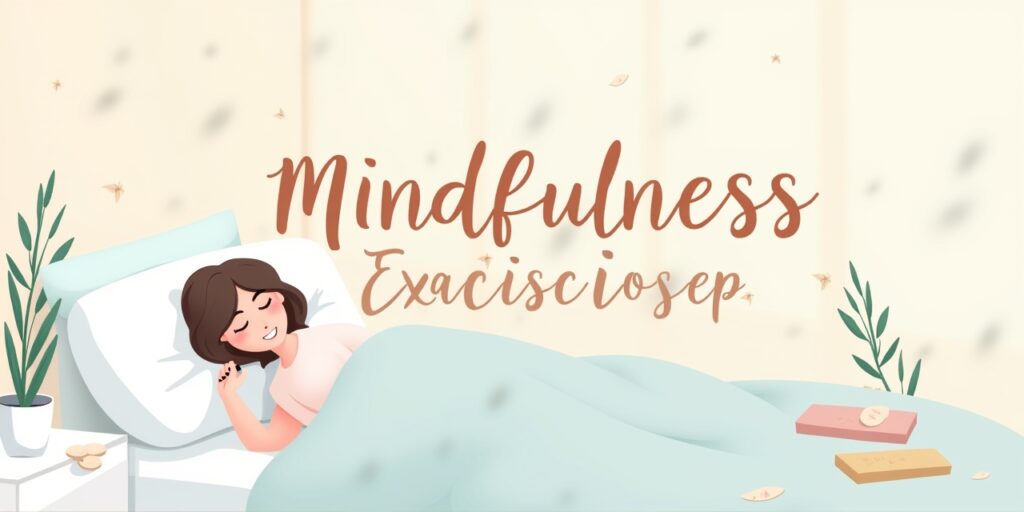
In today’s fast-paced environment, many people don’t sleep well. Stress, anxiety, and a never-ending stream of information can make it difficult to relax at night. Mindfulness activities are becoming increasingly popular, as they can help people sleep better and improve their mental health. Adding mindfulness to your daily routine can help you relax, reduce your stress, and get deeper, more restful sleep.
What is mindfulness?
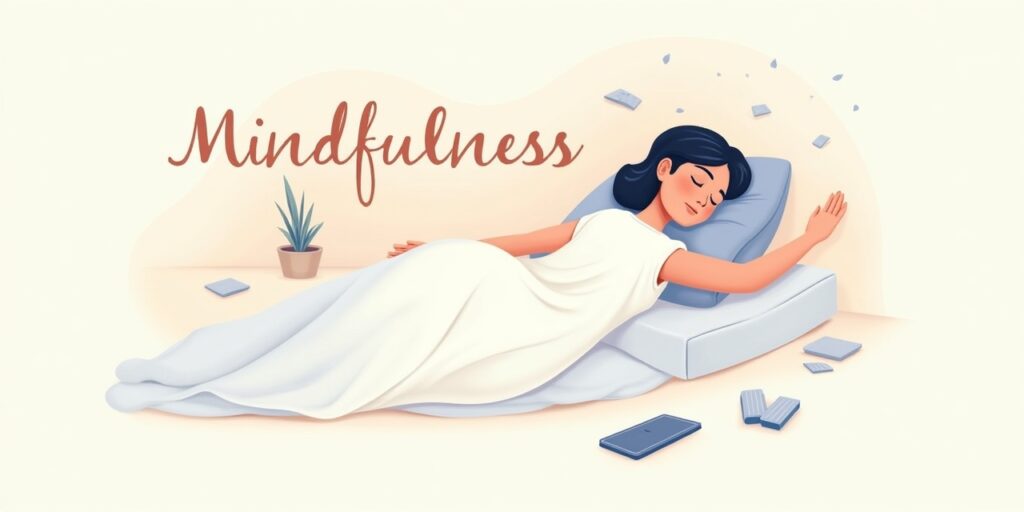
Mindfulness is the practice of paying attention to the present moment, without judging it. It means being aware of your thoughts, feelings, body sensations, and the world around you. Mindfulness makes you more aware of your body and mind, which can help you break free from the stress and negative thought patterns that keep you up at night.
The main goal of mindfulness is to calm the mind, which is great for sleep. Regular mindfulness practice can change the way your brain works, allowing you to better cope with stress and, ultimately, help you sleep better and longer.
The Science Behind Mindfulness and Sleep

Studies on Mindfulness and sleep have shown that mindfulness-based practices can improve both mental health and sleep quality. Mindfulness works by activating the parasympathetic nervous system, which helps you relax and unwind, and by deactivating the sympathetic nervous system, which controls the “fight or flight” response.
Studies have also shown that mindfulness meditation can help with symptoms of insomnia. A study published in the Journal of Sleep Research found that people who practice mindfulness were able to fall asleep faster, stay asleep longer, and sleep better overall.
How Mindfulness Exercises Can Help You Sleep Better: Reducing Stress and Anxiety
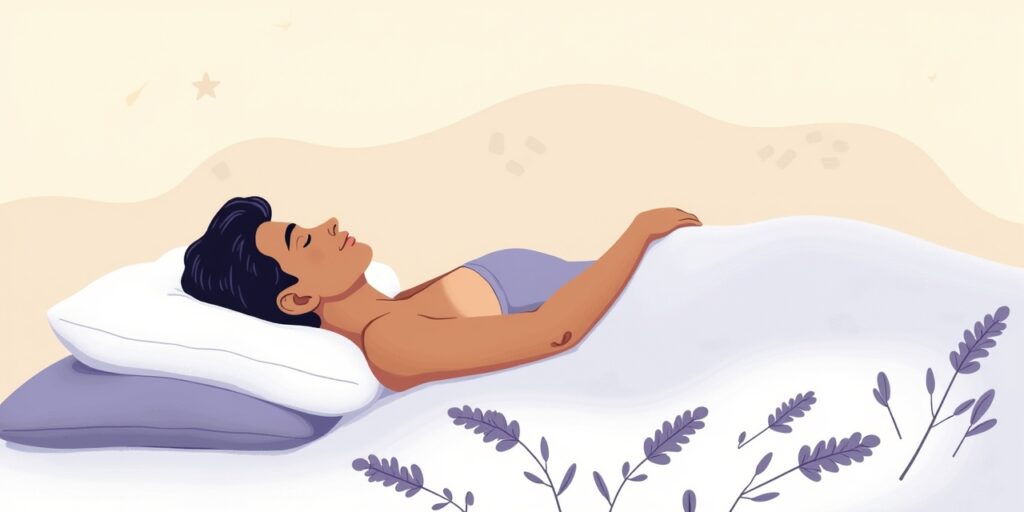
- Reducing Stress and Anxiety: One of the main things that prevents people from getting a good night’s sleep is stress. If you have anxiety, it can be hard to relax, which can keep you up at night. Mindfulness helps people become less anxious by teaching them to be aware of their thoughts and feelings. It can help you stop overthinking and worrying, which are two things that keep you up at night.
- Relaxation and Stress Relief: Body scanning and progressive muscle relaxation are two mindfulness techniques that can help you relax and release stress. By paying attention to each part of your body, you can become more aware of the places where you feel tension. By actively relaxing those muscles, you can make it easier to fall asleep.
- Improve sleep patterns: Studies have shown that people who practice mindfulness meditation regularly can make their sleep schedule more reliable. Mindfulness helps you become more aware of your body’s natural rhythms, which makes it easier to develop and stick to sleep routines.
- Cognitive benefits: Mindfulness also helps with cognitive issues by reducing overthinking, which can make it difficult to fall asleep. Mindfulness methods such as breathing exercises or guided meditations can help people train themselves to ignore distracting thoughts. This can help you fall asleep faster and sleep better.
Read More: How To Sleep Faster Naturally Without Melatonin
Ways to practice mindfulness to help you sleep better

- Conscious breathing: Mindful breathing is one of the simplest yet most effective mindfulness techniques. This method involves being aware of your breath and noticing how air enters and leaves your body. Deep, steady breathing activates the parasympathetic nervous system, which helps you relax. Find a quiet place to sit and focus on your breathing for five to ten minutes before bed.
- Body scan meditation: This method involves mentally going through each part of your body, starting from your toes and working your way up to your head. As you do this, notice any feelings of tension, pain, or other sensations, and try to consciously relax each part of your body. This method not only helps you relax, but it also makes you aware of any physical tension you may be holding.
- Loving-kindness meditation: You silently say things like, “I want to be happy, I want to be healthy, I want to sleep well.” This type of meditation can help you relax and be kind to yourself, helping you feel better and sleep better.
- Guided meditations for sleep: Guided meditations to help you fall asleep are pre-recorded sessions that take you through relaxation techniques and often include calming music or nature sounds. There are many apps and websites that offer guided sleep meditations that are designed just to help you relax and prepare for sleep.
How sleep affects overall health
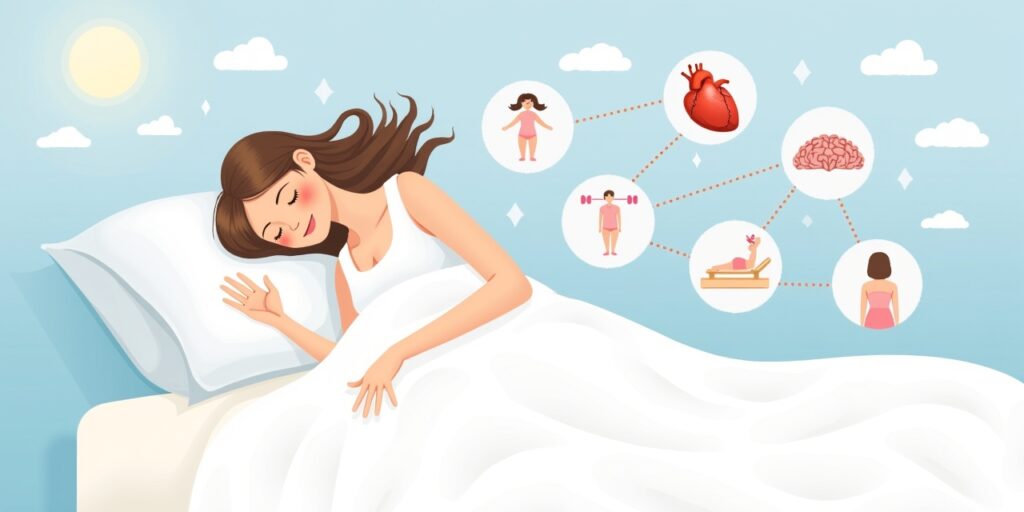
Getting enough sleep is very important for your mental, emotional, and physical health. Chronic sleep deprivation can lead to a number of health problems, such as a weakened immune system, high stress levels, and thinking problems. People who use mindfulness to get better sleep benefit from the following:
Better mood and emotional control: Sleep helps you better control your emotions, which can make you feel more positive and less irritable.
Better memory and focus: Getting enough sleep helps your brain work better when it comes to learning, remembering things, and making decisions.
Benefits for your body: Getting enough sleep strengthens your immune system, reduces your risk of chronic illness, and makes you feel better overall.
Incorporating mindfulness into your sleep routine

It doesn’t take much to incorporate Mindfulness into your nighttime routine. Start by practicing mindfulness for five to ten minutes every night before bed. This could mean completing a body scan, practicing mindful breathing, or listening to a meditation that focuses on sleep.
You can also help your body know it’s time to relax by creating a calming bedtime routine that incorporates mindfulness. This could include doing yoga or some light stretching, reading a book that makes you feel good, or turning off the lights.
Things to consider and issues

Mindfulness can help you sleep better, but you won’t feel the improvements right away. The mind is often trained to fight restlessness, especially in those who are used to living in high-stress situations. If you keep practicing and are patient, you will eventually find that you sleep better.
People with serious sleep problems or insomnia should talk to their doctor before using mindfulness activities alone. In some cases, mindfulness may work best when used in conjunction with other types of therapy or medical treatments.
Conclusion
Mindfulness is a powerful way to improve sleep quality because it helps you overcome mental and physical barriers to good sleep. Breathing exercises and meditation are two mindfulness strategies that can help you make your home a peaceful place that helps you sleep well, no matter how stressed, anxious, or busy your mind is. By adding mindfulness to your bedtime routine, you can achieve more restful, refreshing sleep that improves your overall well-being.
Mindfulness can have a big impact on your life and the quality of your sleep, so it’s not just a passing fad. If you’re having trouble falling asleep, try adding mindfulness to your evening routine and see how it changes your life.
Frequently Asked Questions
Q1. How does being mindful help you sleep?
Mindfulness helps you sleep better by lowering stress, anxiety, and physical tension. It helps you relax, which calms your mind and body and makes it easier to fall asleep and stay asleep. Mindful breathing, body scanning, and meditation are some things that can help calm down an overactive mind and stop the thoughts that keep you from sleeping.
Q2. Can being mindful help you sleep?
Mindfulness can help you deal with insomnia, yes. Studies have shown that mindfulness meditation can help with insomnia by calming the nervous system, making sleep better, and making it easier to fall asleep faster. It also helps with the anxiety that can come with having trouble sleeping.
Q3. How long should I do mindfulness before bed?
Starting with just 5 to 10 minutes of mindfulness before bed can be helpful for beginners. You can make the practice last longer as you get more comfortable with it. If you want to see long-term improvements in your sleep quality, you need to practise regularly, even if it’s only for a short time.
Q4. Is mindfulness a good alternative to other sleep aids?
Mindfulness can help you sleep better, but if you have a serious sleep disorder or chronic insomnia, it may not be enough to replace professional treatment. It’s always best to talk to a doctor about the best way to meet your needs.
Q5. How long will it take for me to see results from practicing mindfulness for sleep?
Some people may notice that their sleep gets better after only a few nights of practicing mindfulness, while others may have to wait a few weeks to see big changes. The most important thing is to be patient and keep practicing.
Q6. Is it hard to learn how to do mindfulness meditation?
It’s not hard to learn mindfulness meditation, but like any new skill, it takes time and practice. There are a lot of tools, like apps and guided sessions, that can help beginners get started. You can also start with short practices and then make them longer as you get used to them.
Q7. Can I use mindfulness during the day to help me sleep better at night?
Yes! Mindfulness practice during the day can help you sleep better at night and lower your overall stress. Mindfulness practice throughout the day helps the brain learn how to deal with stress better, which can make your mind more peaceful at night.
Q8. Can technology help you be more mindful when you sleep?
Yes, there are a lot of apps and websites that focus on mindfulness meditation and getting better sleep. Calm, Headspace, and Insight Timer are some of the most popular apps that offer guided sleep meditations, breathing exercises, and body scan sessions that can help you relax and get ready for bed.

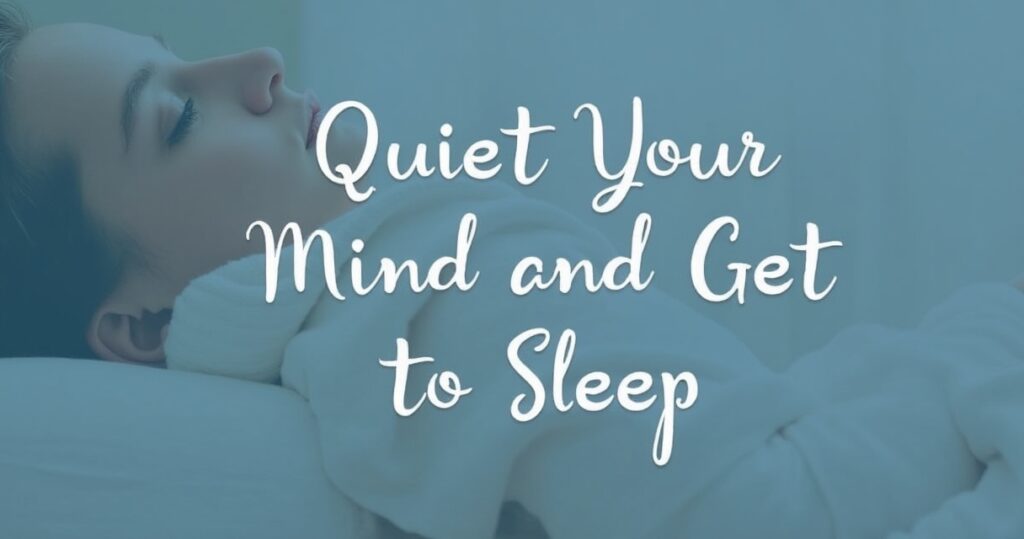
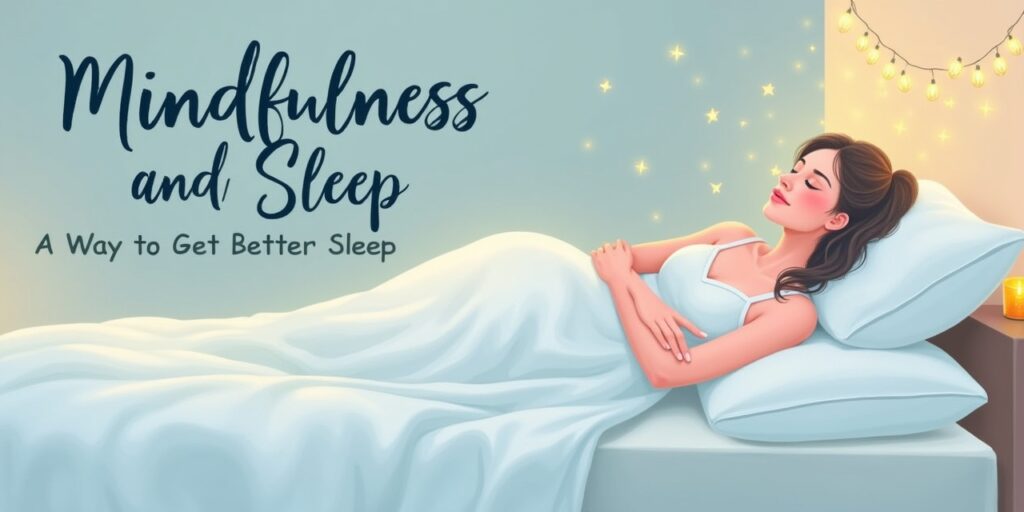


Pingback: Mindfulness And Sleep: A Way to Get Better Sleep - Healthn Fitnes